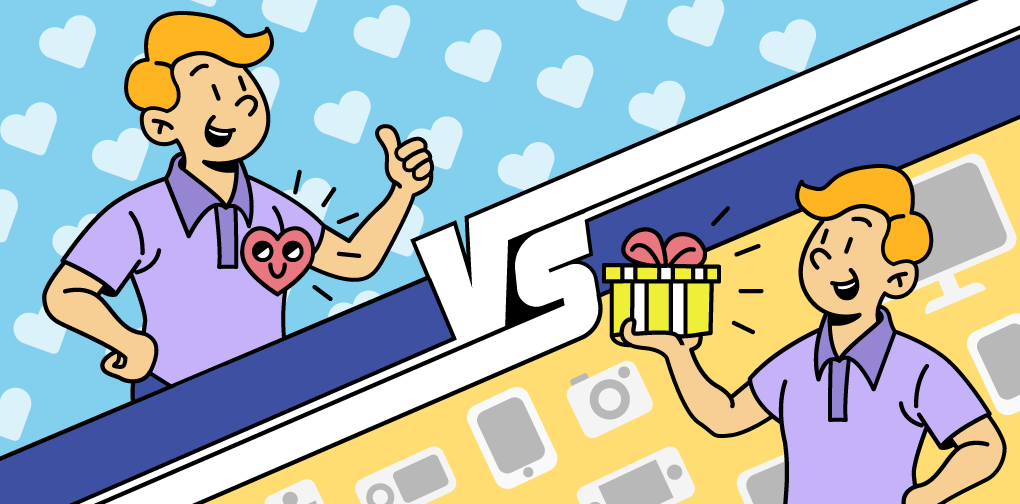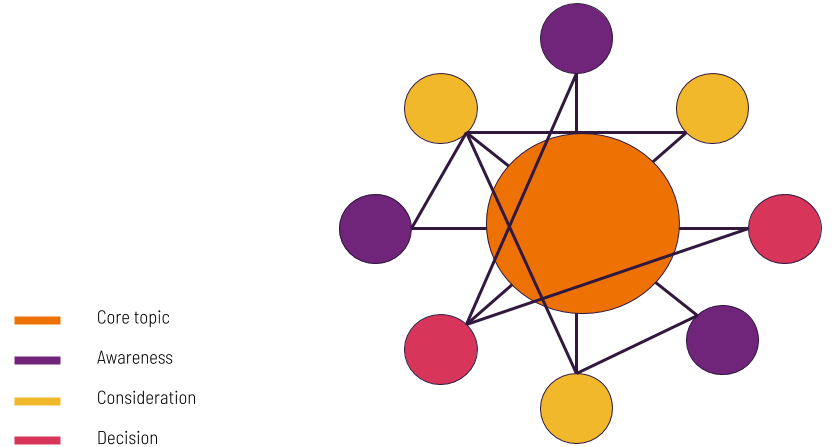“Think about the way that your customers are looking for the solution that your product solves. If you can think in the shoes of a customer, you’re going to roll out world-class marketing campaigns, because it really is a point of differentiation and not many people can do that. Well, it doesn’t come naturally to a lot of people.” That’s Sophie Pank, the marketing director of Deputy, APAC. Find out more tips and tricks about marketing for your small business on this episode of Forward Thinking.
Identifying these is what sharpens the quality of what your business has to offer. And what better way to find out these pain points than to build relationships and gather UX experience with your customers? Tune in to learn more.
So you have finalised your product, started scheduling content on your social media platforms, and initiated ads for your business. But what would be the next step?
For all businesses, establishing could be the hardest part. And in the process, it is inevitable that there will be pinpoints and lessons for you to learn along the way. This is what leads to the next part of running your business – reiteration and augmenting.
Brendan Hill explores this practice with Sophie Pank, marketing director of Deputy APAC. She is a driven marketing professional with over 14 years experience working in Financial Services and scaling tech businesses in Sydney, London and Dubai and has previously worked for leading global brands such as The Commonwealth Bank of Australia, AIMIA, Morgan Stanley, American Express.
Photo source: Shuki Harel, Pexels
Sophie is passionate about building strong business relationships and working with like-minded individuals who are fanatical about best in class marketing and customer experience. She has a proven track record in delivering world-class marketing campaigns. Her style is to roll up her sleeves and get her hands dirty and she inspires her team to do the same with a good dose of laughter and energy along the way. Her skills include end-to-end marketing delivery, partner management, new product development, project management and marketing strategy.
She’s extremely passionate about product marketing and defining what that elusive function means for each new business she enters, then demonstrating how her team can deliver huge success through customer, industry and competitor insights.
What you will learn in this episode:

- The benefits of building strong relationships with stakeholders
- Renewing your product marketing with customer feedback
- The importance of customer testimonials and how to retrieve it
- One successful tactic on how to gain customer insights on your product
- The process from recording customer experience to reiterating your product market fit
- Useful advice on how to build successful marketing campaigns
Notable quotes:

- “It’s a very different conversation and experience for a customer – if you show empathy rather than just telling them buy, buy, buy”
- “Put yourself in the shoes of a customer”
- “It’s about experience. Getting in there, making mistakes, failing fast, learning quickly and pivoting”
Resources mentioned:

Book recommendations:
Reach Sophie here:
- On Linkedin
Transcript










